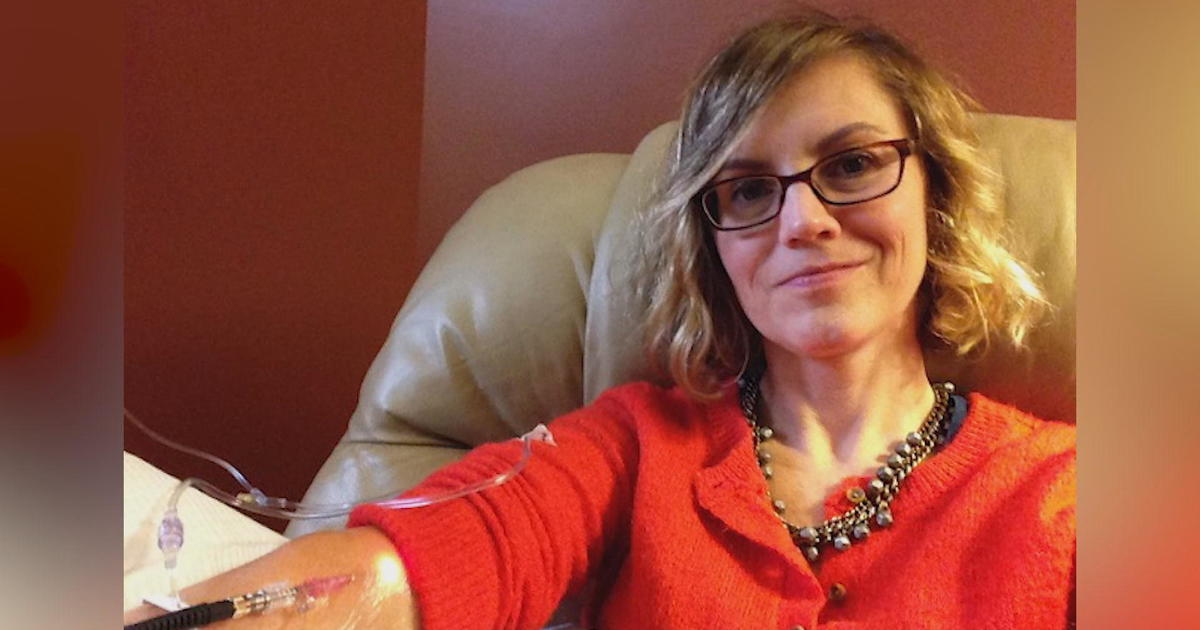Health Officials Keeping Close Eye On Extremely Contagious COVID-19 Subvariant BA.5: 'It Is Becoming A Different Virus'
PHILADELPHIA (CBS) -- A summer surge of COVID-19 is sweeping across the United States, including several hot spots in New Jersey. It's being fueled by a new more contagious variant and the aftermath of Fourth of July gatherings.
The holiday-related infections were expected, but doctors say the COVID-19 virus is mutating again and while the vaccine is reducing serious cases, breakthrough re-infections are happening more quickly.
Fourth of July in Wildwood was packed with people. A week later, the CDC says many parts of New Jersey are COVID-19 hot spots. The state is now averaging 3,100 new cases per day.
Cape May County is seeing the largest surge with a 40% increase over the past two weeks.
"We're also seeing some increase in hospital admissions, although it's not really affecting our intensive care units, we're getting more calls in the community for our outpatients," Virtua Hospital Head of Infectious Disease Dr. Martin Topiel said. "There has been a lot of traveling over the summer. Schools are out. Kids are around. I'm not sure we've gotten the vaccination in the kids that we hoped for, but this is a more contagious variant."
The omicron BA.5 subvariant is now accounting for more than half of cases, and it may be the most contagious variant yet.
"It's continuing to evolve and you know to mutate," Philadelphia Health Commissioner Dr. Cherly Bettigole said. "Increasing with later versions, they are more and more immune evasive. So they are able to infect us even a few months after a previous infection and sometimes you will hear of reinfections that are quicker than that. So it is becoming a different virus."
A new study found patients with two or more infections had more than twice the risk of dying compared to patients with just one infection. They had three times the risk of being hospitalized and faced higher odds of getting long COVID-19.
"Some people when they get infected the first time, that infection may weaken their immune system in a way or produce some organ damage that makes them more vulnerable to having adverse consequences or adverse health risks," Clinical epidemiologist Ziyad Al-Aly said.
The vaccines are being reformulated to cover the new subvariants, but those boosters aren't expected to be ready until October. For now, doctors say the best way to protect yourself is to get boosted with what's available now.



